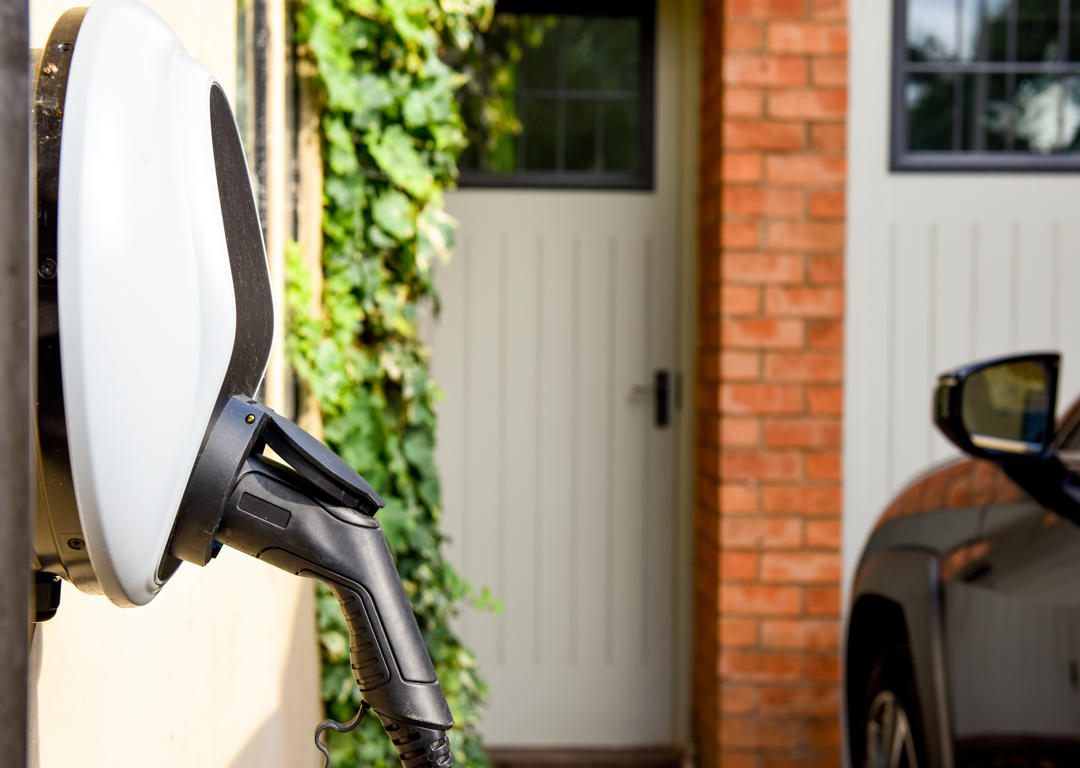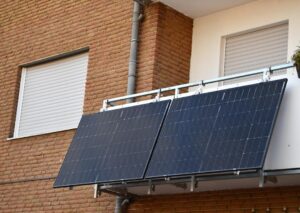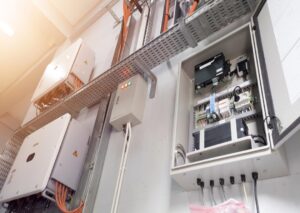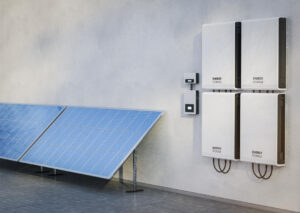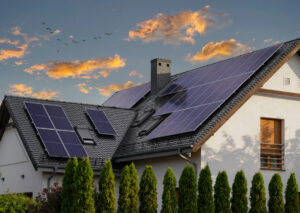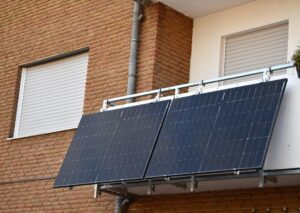As electric vehicles (EVs) become more prevalent, the need for convenient and efficient home charging solutions grows. Selecting the right EV charger for your home is crucial to ensure that your vehicle is always ready for use. This guide will help you navigate the options and considerations involved in choosing and installing a home EV charger, focusing on EV charger installation, types of home EV chargers, and practical tips for making the best choice.
Understanding Types of Home EV Chargers
Home EV chargers come in two primary types: Level 1 and Level 2 chargers. Each type has its own set of advantages and is suitable for different needs and circumstances.
Level 1 Chargers
Level 1 chargers are the most basic type of EV charger, using a standard 120-volt household outlet. They typically come with the purchase of an EV and do not require any additional installation.
The advantages of Level 1 chargers include ease of use, as they simply plug into a standard outlet; low cost, with no additional equipment or installation costs; and portability, allowing them to be used with any standard outlet, making them versatile for travel or use at multiple locations. However, their disadvantages include slow charging speed, as Level 1 chargers can take 8-20 hours to fully charge an EV, making them less suitable for daily use if the vehicle is frequently driven, and limited use, being best for plug-in hybrids or EV owners who drive short distances daily.
Level 2 Chargers
Level 2 chargers use a 240-volt outlet, similar to what is used for large home appliances like dryers and ovens. These chargers require professional installation.
The advantages of Level 2 chargers include faster charging, as they can fully charge an EV in 3-8 hours, depending on the vehicle and charger specifications. They offer convenience, being ideal for daily use and allowing for overnight charging, ensuring the vehicle is ready each morning. Additionally, installing a Level 2 charger can increase home value, enhancing your home’s value and appeal, especially as EV adoption grows. However, the disadvantages include installation cost, requiring professional installation and potentially upgrading your electrical panel, which can be costly. They also have a fixed location, unlike Level 1 chargers, which are typically fixed in place and not portable.
Key Considerations for Choosing a Home EV Charger
When selecting a home EV charger, consider the following factors to ensure you choose the best option for your needs.
Charging Speed
Determine how quickly you need to charge your EV. If you drive long distances daily or need quick turnarounds, a Level 2 charger’s faster charging capabilities will be more beneficial. For occasional or short-distance drivers, a Level 1 charger may suffice.
Electrical Capacity
Assess your home’s electrical capacity. Level 2 chargers require a 240-volt circuit, which may necessitate an electrical panel upgrade. Consult with a licensed electrician to evaluate your home’s capacity and any necessary upgrades.
Installation Costs
Factor in the installation costs, which can vary depending on the complexity of the installation and any required electrical work. Obtain quotes from several electricians to compare costs and ensure you receive a fair price for the installation.
Compatibility
Ensure the charger you choose is compatible with your EV. While most Level 2 chargers are universal and work with any EV, some might have specific connectors or features tailored to particular brands. Verify compatibility to avoid any issues post-purchase.
Smart Features
Many modern EV chargers come with smart features, such as Wi-Fi connectivity, mobile apps, and energy usage tracking. These features can provide added convenience and help you monitor and optimize your charging habits.
Installation Tips for Home EV Chargers
Proper installation is critical to ensure the safety and efficiency of your home EV charger. Follow these tips to ensure a smooth installation process.
Professional Installation
Always hire a licensed electrician for the installation of a Level 2 charger. Professional installation ensures compliance with local electrical codes and guarantees that the charger is installed safely and correctly.
Site Assessment
Before installation, have your electrician conduct a thorough site assessment. This includes checking the location of your electrical panel, the distance to the installation site, and any potential obstacles. A site assessment helps identify the best location for the charger and any necessary preparations.
Permits and Approvals
Depending on your location, you may need permits or approvals for the installation of a Level 2 charger. Check with your local building department or municipality to ensure you comply with all regulations. Your electrician can also assist with this process.
Location Selection
Choose a convenient and accessible location for the charger. Ideally, it should be near your parking area and protected from the elements. Consider installing the charger inside a garage if possible to protect it from weather and vandalism.
First-Hand Experiences and Testimonials
Many EV owners have shared their positive experiences with home EV chargers. For example, Susan, a homeowner in California, installed a Level 2 charger in her garage and reported, “The convenience of having a fast charger at home has been a game-changer. I never worry about running out of battery, and my car is always ready to go in the morning.
These testimonials highlight the practical benefits and added value that home EV chargers can provide, emphasizing the importance of making an informed choice.
Choosing the right EV charger for your home involves considering your driving habits, your home’s electrical capacity, installation costs, and the features you need. Level 1 chargers offer a simple and low-cost solution for occasional use, while Level 2 chargers provide faster charging and greater convenience for daily use. Professional installation, site assessment, and compliance with local regulations are crucial to ensuring a safe and effective setup. With the right charger, you can enjoy the full benefits of owning an EV, including convenience, cost savings, and increased home value.

